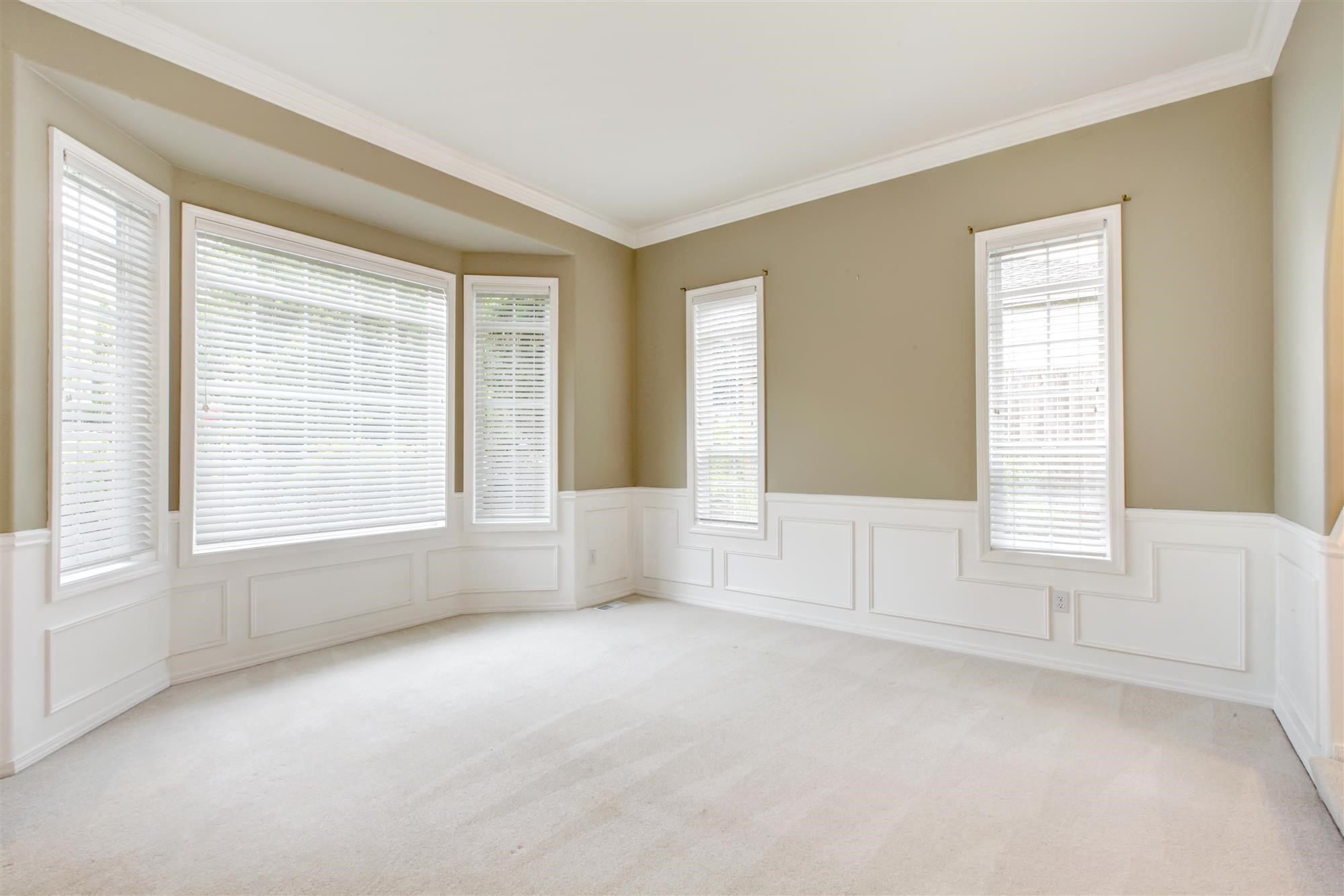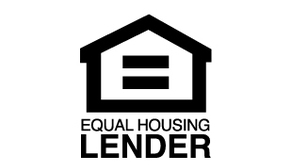What is an FHA Loan?
An FHA loan is a mortgage insured by the Federal Housing Administration. Backed by the Federal Housing Administration, an FHA loan may require a down payment as little as 3.5% for a credit score of 580 or higher versus the average 20% down payment required by bank mortgage loans.
An FHA loan is a very affordable way for first-time investors to buy a 3-to-4-unit property and also occupy one of the units.
FHA loans provide relatively easy financing for people who might not qualify for conventional mortgages. Although the Federal Housing Administration doesn’t actually lend money, they insure the banks and mortgage brokers that do. They also enact rules that govern the loans they cover. In other words, they won’t insure a loan unless it meets a long list of specified criteria.
To make it more complicated, FHA loan requirements differ between types of properties. Those trying to purchase a single family home or even a duplex, for example, will do so under a different set of regulations than those trying to purchase a 3-unit (triplex) or 4-unit (quad) dwelling. To help you make sense of the 3 and 4-unit requirements, A and N Mortgage company has compiled the following cheat sheet.
Purchasing a 2-Unit Duplex
If you’re looking to buy a 2-unit dwelling, or a duplex, you’ll need to prove that one of the two units serves as your primary residence. When applying for an FHA loan, you’ll also need to show that you have the usual debt-to-income ratios.
If you plan to rent out the extra unit, you’ll be able to use that rental income in order to qualify, but only up to 75% of it. Otherwise, your transaction will be subject to the same requirements laid out for a single family home. For example, you’ll still only have to pay a 3.5% down payment on the property.
Purchasing a 3-Unit or 4-Unit Dwelling
The rules are slightly more complicated for loans that cover 3- or 4-unit properties. While you can still take advantage of the 3.5% down payment, there are some additional restrictions that apply to triplexes and quads.
As with a duplex, you must first prove that you will use one of the units as your primary residence. Similarly, you can only use 75% of the income derived from rent to meet the debt-to-income qualification. You’ll also need to make certain the property is zoned for residential multi-unit use.
Unique to 3-unit and 4-unit dwellings, however, is the self-sufficiency test. Basically, the FHA wants to know that the property you’re about to purchase will be self-sustaining. In other words, they want to know that the income brought in from rent will cover the mortgage.
Understanding the Self-Sufficiency Test
FHA guidelines for 3-to-4 units state that, regardless of occupancy, the property must be self-sufficient. This means that the maximum monthly mortgage payment is limited to 75% of the total rental income. This percentage must be at least enough to cover the mortgage payment known as PITI (Principal, Interest, Taxes, and Insurance).
Zoning
The property must be zoned for residential multi-unit use.
Market
The property appraiser must provide data on projected market rents. Although the loan amount can be higher for multi-units, we need to make sure that the loan calculation complies with the requirements of the FHA Self-Sufficiency Test.
Calculating Net Rental Income
In order to figure out the numbers, you’ll first need to get an appraiser to value the rental potential of the property at market rates. In other words, the appraiser will tell you how much rent you can expect to charge at the going rate (not at historical or actual rates).
There’s one important caveat: The appraiser must be certified by the FHA. That’s because only an FHA-certified appraiser is qualified to calculate the rents for the self-sufficiency test.
When determining net rental income, the lender will also take into consideration the area’s vacancy rate, as determined by the local Homeownership Center (HOC). To put that in real terms, if Illinois has a vacancy rate of 15%, mortgage providers would subtract that amount from the net rental income estimate.
Calculating the Mortgage Correctly
Even more critical than the appraisal, however, is the loan calculation. In fact, correctly calculating the cost of the loan is the single most important step in the qualification process, determining how much the FHA will be willing to cover and, therefore, how much you will be able to finance.
Included in that monthly mortgage calculation are the following costs:
- Principal
- Interest
- Taxes
- Mortgage insurance
- Homeowner’s insurance
Conditional Commitment
Always double-check your lender’s “Conditional Commitment” letter which states that a lender will offer the loan if certain conditions are fulfilled. Loans are always conditional in the early stages, but the conditions are cleared progressively as the loan moves through underwriting and processing.
Income and Ratio Guidelines
Keep in mind that the FHA Self-Sufficiency Test calculations are used only to determine the maximum monthly payment. As the borrower, you must still qualify based on income and ratio guidelines. Please note that the projected rent may only be considered as gross income for qualifying purposes and may not be used to offset the monthly mortgage payment.
It is extremely important to calculate your mortgage loan correctly, because it can affect the maximum mortgage amount you will be allowed to finance.
Final Considerations
In the end, the FHA wants to know that the property you’re purchasing will be self-sufficient, meaning it can pay for itself. Keep in mind that even if you pass the self-sufficiency test, you’ll still need to qualify for the loan using the traditional income and credit criteria.
FHA Self-Sufficiency Test Helps First-Time Buyers
Guaranteed by the Federal Housing Authority, FHA loans are available to help first-time investors buy 3-to-4-unit rental properties with an attractively low 3.5% down payment. Once borrowers pass the FHA Self-Sufficiency Test, the FHA approves the mortgage loan.
Contact A and N Mortgage Company for Advice on FHA Loans
If you’re still trying to make heads or tails of the FHA requirements for 3 and 4-unit dwellings, or if you want to apply for an FHA loan, contact A and N Mortgage to speak with one of our mortgage consultants.








